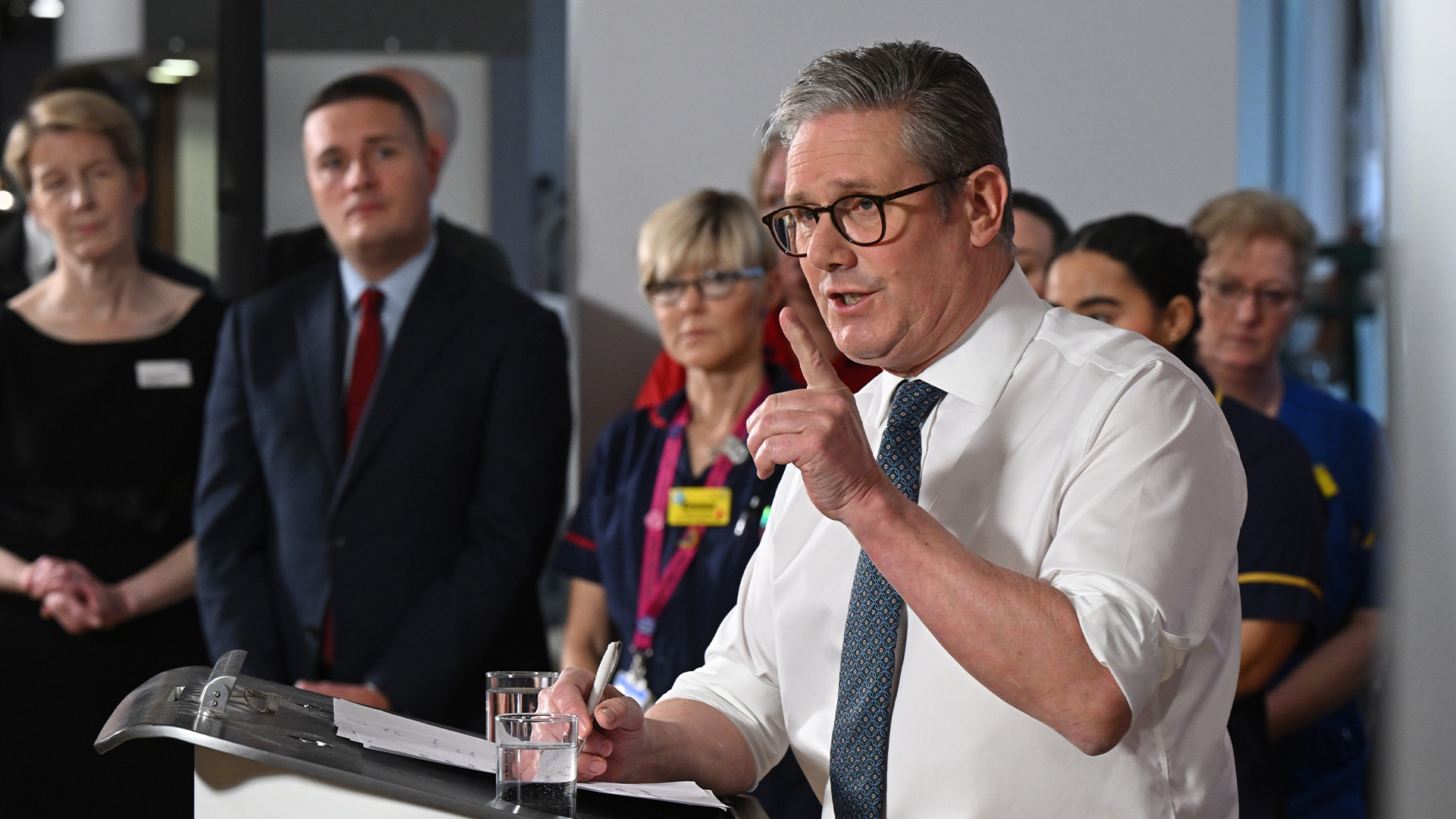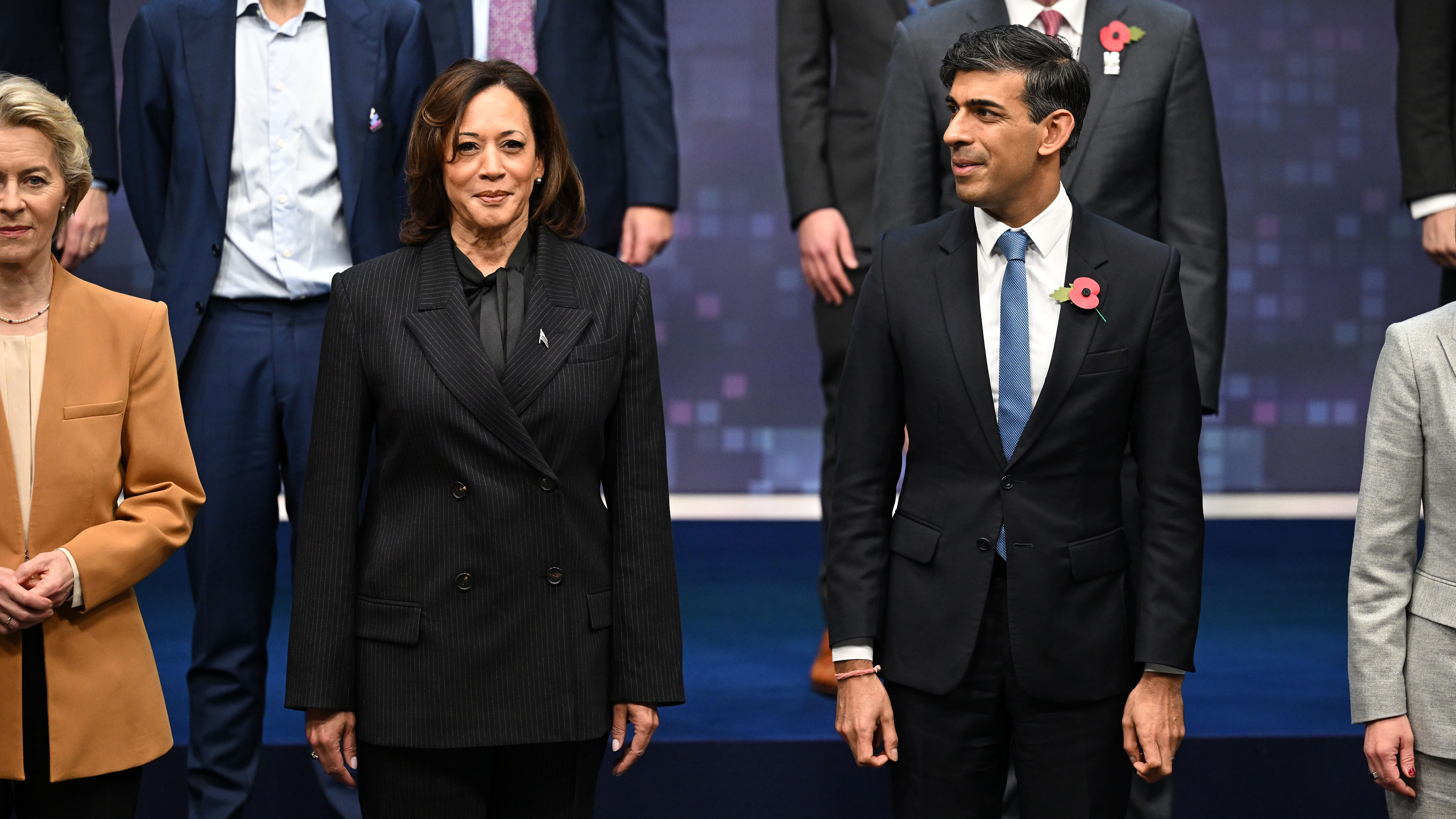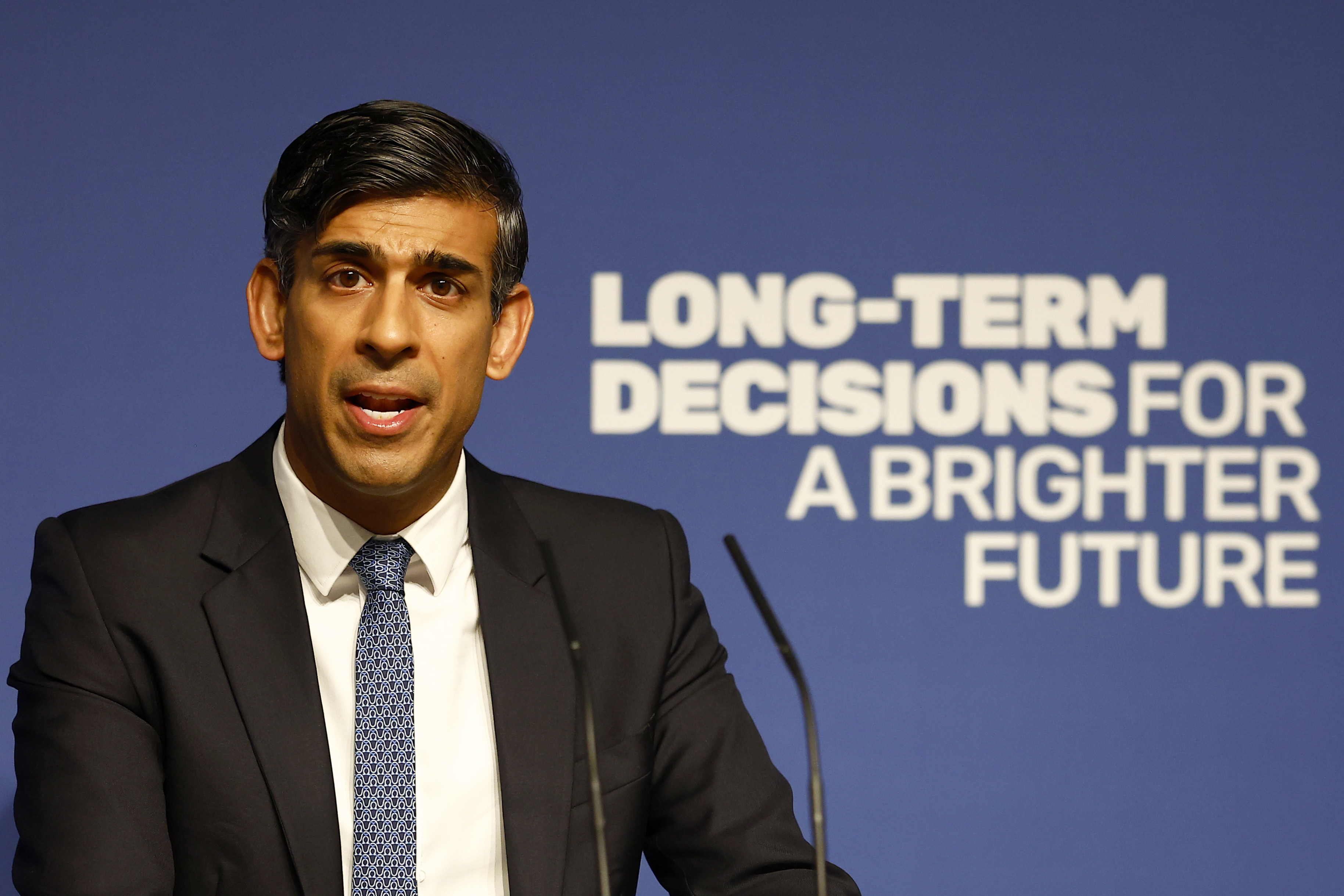Need to Know: RIPA
Half a million people were snooped on last year, all using the Regulation of Investigatory Powers Act. But what is it?


The government has used the Regulation of Investigatory Powers Act (RIPA) to view communications data on half a million UK citizens, checking out who they're calling and emailing and when.
But what is RIPA, and why does it give government bodies so much power?
What is RIPA?
The preamble to the 2000 Act reads:
"To make provision for and about the interception of communications, the acquisition and disclosure of data relating to communications, the carrying out of surveillance, the use of covert human intelligence sources and the acquisition of the means by which electronic data protected by encryption or passwords may be decrypted or accessed; to provide for commissioners and a tribunal with functions and jurisdiction in relation to those matters, to entries on and interferences with property or with wireless telegraphy and to the carrying out of their functions by the security service, the Secret Intelligence Service and the Government Communications Headquarters."
If that makes any sense to you, you have a future in politics or possibly law.
For the rest of us, it means the act describes how and when government bodies can watch UK citizens. It describes when they can access communications data, follow us around, or listen in to our calls.
Get the ITPro daily newsletter
Sign up today and you will receive a free copy of our Future Focus 2025 report - the leading guidance on AI, cybersecurity and other IT challenges as per 700+ senior executives
This covers photographing people, tapping phone calls, and being followed by police as well as looking at email and call records and intercepting them to read the content. That last one is the only type of surveillance to require a warrant, however.
Who does it apply to?
On the being watched side, if you're in the UK, it applies to you. That simple.
On the other side, there are those allowed to do the watching. When the Act first came into force, just nine bodies had access. In 2003, home secretary David Blunkett extended the powers.
RIPA now gives the power to hundreds of government agencies and departments to get communications data from ISPs, comms providers and postal service, as well as to conduct direct surveillance.
First, there are the obvious ones the police, security services, and central government. But local councils and regulators are also given access. Local authorities requested comms data on some 1,500 people last year.
Other hard-to-believe agencies that can have access to comms data include the Charity Commission, the Food Standards Agency, and the Gambling Commission.
To be clear, intercepts such as tapping phone calls or reading email are only allowed by police or security forces. And they need a warrant first.
But the rest of the agencies can ask an ISP for your address, see when you made a call, or hang around outside your bin to see if you're putting out your rubbish correctly.
Who do they have to apply to for such information?
To receive comms data... no one. There is a commissioner, who puts out a report each year detailing RIPA requests. That report is an amazing accomplishment, in that it manages to be so dense it's difficult to read while still offering little in the way of detail.
That commissioner has checked each approved RIPA body once since the Act came into force, to see if they're going about it correctly. Other than that, there is no oversight.
The Home Office is planning to release a code of conduct, however.
Want to read more background on the latest IT topics? Click here for all the tech cheatsheets in our Need to Know series.
Freelance journalist Nicole Kobie first started writing for ITPro in 2007, with bylines in New Scientist, Wired, PC Pro and many more.
Nicole the author of a book about the history of technology, The Long History of the Future.
-
 Should AI PCs be part of your next hardware refresh?
Should AI PCs be part of your next hardware refresh?AI PCs are fast becoming a business staple and a surefire way to future-proof your business
By Bobby Hellard Published
-
 Westcon-Comstor and Vectra AI launch brace of new channel initiatives
Westcon-Comstor and Vectra AI launch brace of new channel initiativesNews Westcon-Comstor and Vectra AI have announced the launch of two new channel growth initiatives focused on the managed security service provider (MSSP) space and AWS Marketplace.
By Daniel Todd Published
-
 ‘Archaic’ legacy tech is crippling public sector productivity
‘Archaic’ legacy tech is crippling public sector productivityNews The UK public sector has been over-reliant on contractors and too many processes are still paper-based
By Emma Woollacott Published
-
 Public sector improvements, infrastructure investment, and AI pothole repairs: Tech industry welcomes UK's “ambitious” AI action plan
Public sector improvements, infrastructure investment, and AI pothole repairs: Tech industry welcomes UK's “ambitious” AI action planNews The new policy, less cautious than that of the previous government, has been largely welcomed by experts
By Emma Woollacott Published
-
 UK government trials chatbots in bid to bolster small business support
UK government trials chatbots in bid to bolster small business supportNews The UK government is running a private beta of a new chatbot designed to help people set up small businesses and find support.
By Emma Woollacott Published
-
 The UK's hollow AI Safety Summit has only emphasized global divides
The UK's hollow AI Safety Summit has only emphasized global dividesOpinion Successes at pivotal UK event have been overshadowed by differing regulatory approaches and disagreement on open source
By Rory Bathgate Published
-
 Rishi Sunak’s stance on AI goes against the demands of businesses
Rishi Sunak’s stance on AI goes against the demands of businessesAnalysis Execs demanding transparency and consistency could find themselves disappointed with the government’s hands-off approach
By Rory Bathgate Published
-
 UK aims to be an AI leader with November safety summit
UK aims to be an AI leader with November safety summitNews Bletchley Park will play host to the guests who will collaborate on the future of AI
By Rory Bathgate Published
-
 AI-driven net zero projects receive large cash injection from UK gov
AI-driven net zero projects receive large cash injection from UK govNews Funds have been awarded to projects that explore the development of less energy-intensive AI hardware and tech to improve renewables
By Rory Bathgate Published
-
 Who is Ian Hogarth, the UK’s new leader for AI safety?
Who is Ian Hogarth, the UK’s new leader for AI safety?News The startup and AI expert will head up research into AI safety
By Rory Bathgate Published